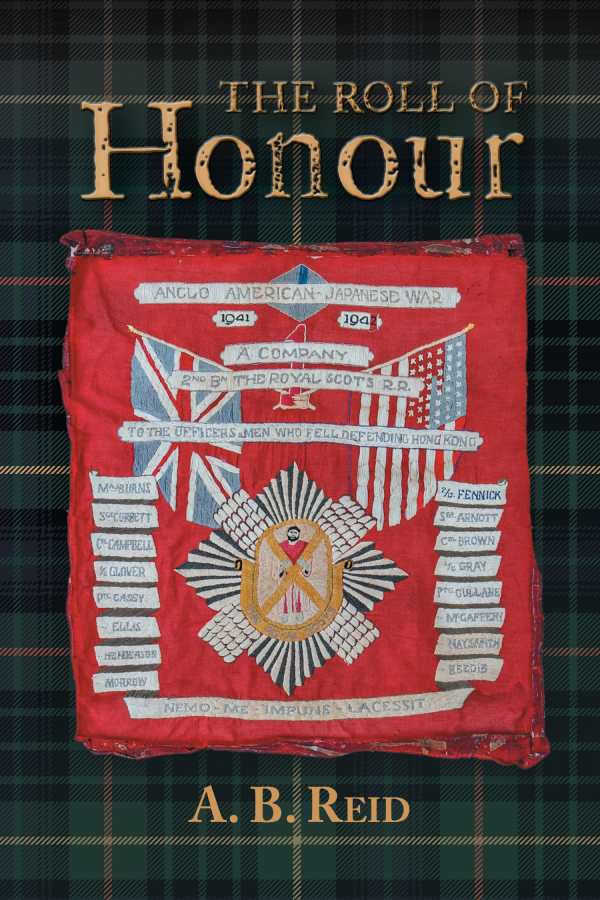The Roll of Honour
In the pain-filled historical novel The Roll of Honour, Scottish soldiers and women navigate loss and endure the horrors of World War II.
In A .B. Reid’s historical novel The Roll of Honour, Royal Scot soldiers struggle to survive imprisonment in a Japanese POW camp while, back in Leith, a family grows and shrinks with each passing year.
In the midst of life, people still deal with death. This is exemplified by the story of Alexandrena, whose steps are haunted even before the war breaks out; her domestic life is as difficult as it is tender. She’s one of ten children in a kind, supportive family in Leith, Scotland, where she and her siblings grow up wishing for good partners, steady incomes, and health. But as a teenager, she discovered a drowned local man on the beach. And later, she lost five sisters to causes including childbirth and tuberculosis. She also witnessed her best friend, Liza, find success as an obstetrician, saving countless lives and exemplifying her community’s support and care for one another, even in hard times.
This domestic focus is split with wartime scenes beyond the bounds of Alexandrena’s core family. In the war, for Nick and his comrades (British soldiers fighting to keep Hong Kong from falling to Japanese control), death is the air they breathe. When a battle is lost and they are taken prisoner, they avoid execution, drowning, disease, starvation, and worse, hoping to make it home alive. Indeed, accidents, disease, and starvation prove more lethal in the story than other elements of the war, including bullets and grenades, which are largely confined to the opening chapters. In the course of Nick’s imprisonment, minor heroics take over, emphasizing the chaos and senselessness of wartime tragedies. Still, these scenes are described in gritty terms.
Both Alexandrena and Nick become their own kinds of wartime heroes through their sheer endurance, finding the key to survival in love, community, and the Scottish commitment to humor. The prose focuses on their feelings of love and heartbreak amid deplorable conditions and grand tragedies. No scene lasts very long, though; the endurance of the characters through their many struggles is focal. In conversation, Scottish brogues take over, making ordinary exchanges beautiful: “Lass ye dinna need to shout, the bairn can hear you.” Less appealing and necessary to the story, though period-accurate, are references to Japanese soldiers as “Japs” and “yellow bastards.”
In the tragedy-filled but somehow hopeful novel The Roll of Honour, Scottish citizens survive the heartbreak and turmoil of World War II and its surrounding period.
Reviewed by
Ben Linder
Disclosure: This article is not an endorsement, but a review. The publisher of this book provided free copies of the book and paid a small fee to have their book reviewed by a professional reviewer. Foreword Reviews and Clarion Reviews make no guarantee that the publisher will receive a positive review. Foreword Magazine, Inc. is disclosing this in accordance with the Federal Trade Commission’s 16 CFR, Part 255.

